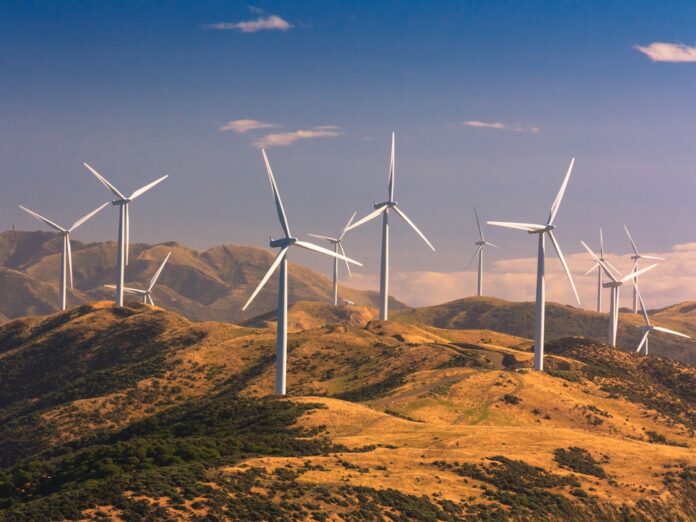Energy demand could increase tenfold over the next ten years through new power plants in Djibouti. Faced with this development, the country relies on renewable energy resources, of which wind power is one of the pillars.
Siemens Gamesa, a subsidiary of German engineering conglomerate Siemens, is building the first renewable energy plant in Djibouti. The company assembled the first turbine for the country’s new wind farm project earlier this month. This is the first of 17 turbines to be installed in Goubet.
The 59MW infrastructure will be built on a 395-hectare site on the shores of Lake Assal. Siemens Gamesa will also maintain the wind farm when it is fully operational. The contract for the construction of the park was signed a little over a year ago.
According to the company, this new wind farm will almost double the electricity production capacity currently installed in the country. The electricity produced in Djibouti comes entirely from fossil fuels. The new facility is anticipated to reduce the cost of electricity, achieve energy independence and reduce the country’s CO 2 emissions .
For Markus Tacke, CEO of Siemens Gamesa, “access to affordable energy is the key to supporting sustainable development and long-term economic growth” .
The construction works began in August 2020 with the mobilization onsite of teams from Siemens Gamesa (the engineering, procurement, and construction (EPC) contractor), Djibouti Red Sea Power (the client), and Tractebel (the owner’s engineer responsible for the design review and construction management of the project).
The country’s ambition is to become the first African country to operate entirely on renewable energies. Currently, 65% of the country’s energy supply is imported from Ethiopia. Household consumption is increasing by around 10% per year. According to World Bank data, nearly 40% of Djibouti’s population does not have access to electricity.



